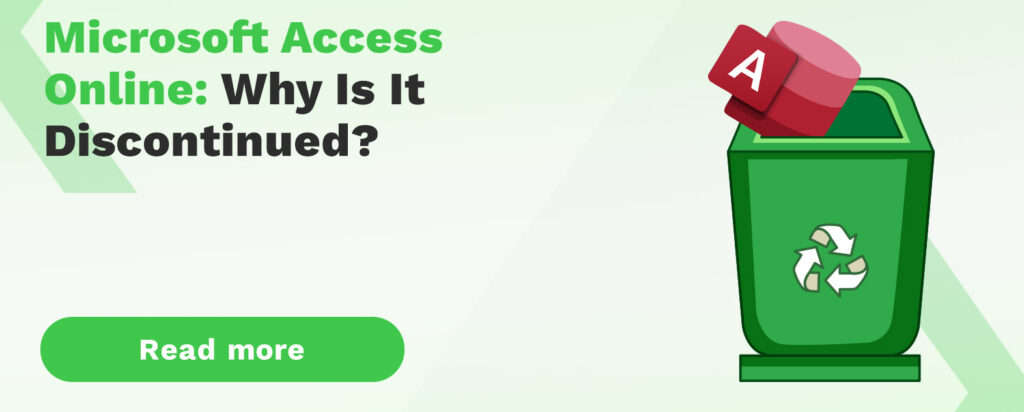Why spreadsheets suck (sometimes)
Last week I had an idea. I needed to track and monitor website content while collaborating with members of my team located in different cities and even countries.
You might be thinking, this is a blog written by an online database software company, so why wouldn’t I just build something using Kohezion? My first instinct was to build something super high-level using Google Sheets. It’s a tool everyone is familiar with and allows team members to collaborate remotely to a certain extent.
Then I hit a roadblock. How was I going to easily track, measure, and analyze our website content metrics over time? Google Sheets was never going to work in the long run, it was just a temporary fix that ultimately caught a snag early on.
How can I relate?
The point of this story is to let you know that we’ve all been there. Even as an employee of an online database software company, I reverted back to something that was familiar even though I knew that a much better option existed. In all honestly, creating a workflow in Google Sheets, then having to recreate it in Kohezion caused me more work and made me realize that spending the time to do it right the first time is a much better solution. Although they can be great tools, spreadsheets aren’t built to withstand more complex business needs, and at some point, they reach the limit of their functionality.
How did it turn out you might wonder? I created an online database application where members of my team can contribute files, comments or questions, and easily collaborate on one central record in the same place, at the same time. I’ve also created a shared dashboard where we can collectively track tasks on the go, deadlines, and measure the success of website content that has been published.
So here’s my open-ended question for all of us: as business owners and professionals, why are we willing to settle for something that inevitably will prevent growth?
Why do we revert back to what we are familiar with even if we know a better option exists?
There are several reasons why we tend to stick with technology we are comfortable with, it’s simply human nature to do what we know best. If we have spent years using a particular technology like Excel or Google Sheets, it becomes second nature, and we can navigate it with ease. This makes it difficult to switch to something new, even if it offers better features and functionality.
So we’ve talked about using spreadsheets despite being aware of better options, but it’s entirely possible that there is also a lack of awareness about more robust software solutions. People may not realize that there are online databases that offer more functionality and flexibility, and assume that spreadsheets are their only option.
How does this relate to the resistance to adopting new technologies?
Another fact about human nature is that people are often resistant to change, especially in the workplace. Introducing new technology can be time-consuming, require additional training, and lead to a period of adjustment that can impact productivity. For some people, this can be a hurdle, and they may prefer to stick with what they already know rather than deal with the stress of learning something new.
Although these are valid concerns, it’s important to ask yourself - does this relatively small investment in time and resources create efficiencies that we never thought were possible? Will upgrading to a system that allows us to perform all of our data-related tasks, without error or difficulty save valuable time and money? You shouldn’t be thinking ahead to how spreadsheets aren’t going to support your needs 2 years down the road, your software should inspire you to think about all the possibilities.
So what’s the takeaway here?
Speaking from experience, it is so common for us to stick with technology we are comfortable with due to our human nature to resist change, and the time and effort required to adapt to something new. However, at some point, it’s important to recognize limitations and consider spreadsheet alternatives that provide more robust solutions to improve productivity and growth.
Here is how to do it with Kohezion:

